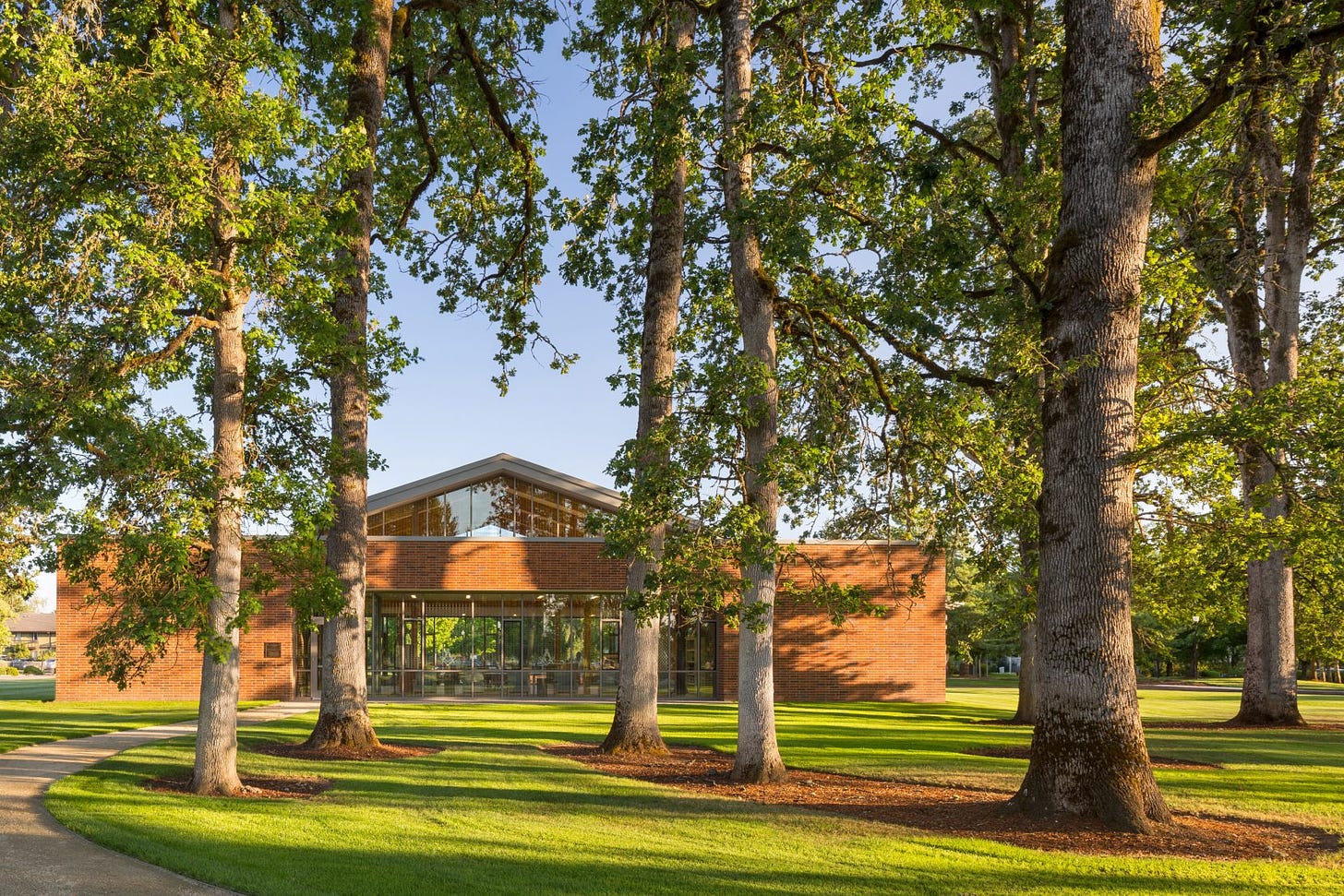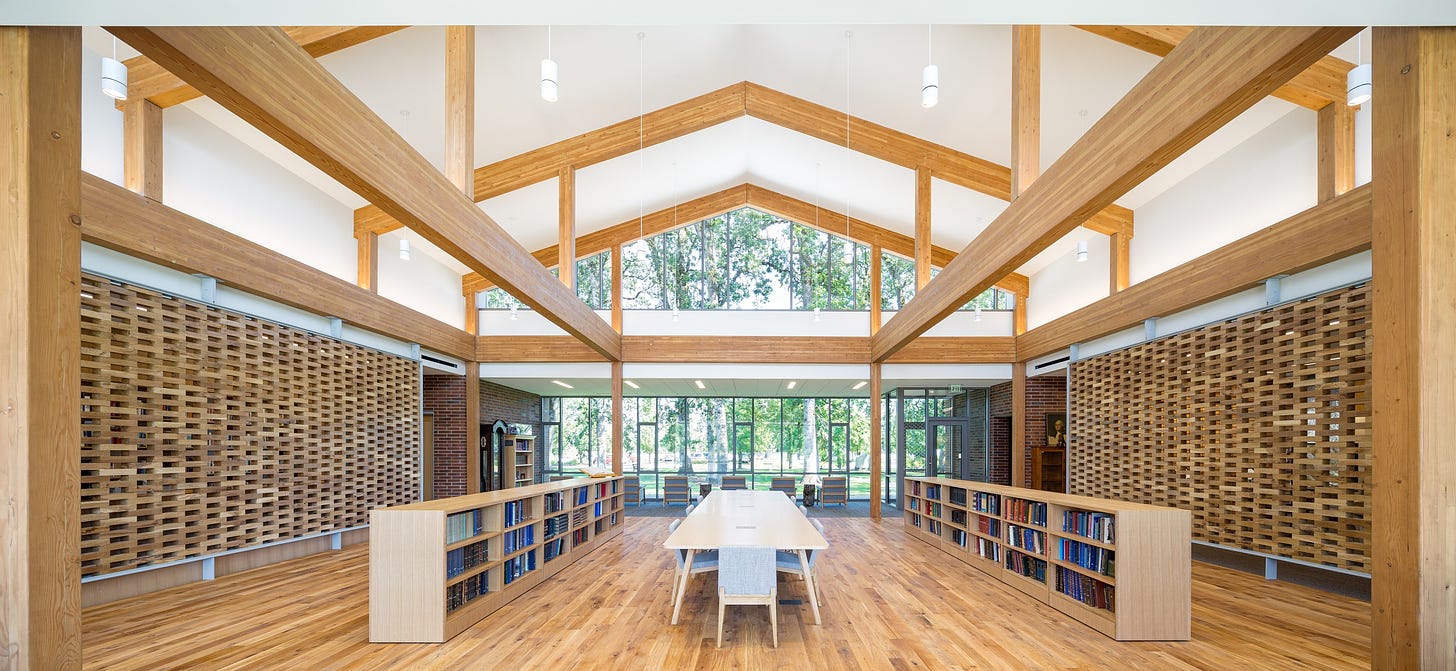If you are reading this, you know that I write about Freemasonry. I write a lot about Freemasonry. Here on Emeth, and elsewhere.
One thing that has always kind of bothered me is that I’m doing all this work to get my thoughts down on digital ‘paper,’ but that someday I’ll head to that undiscovered country, and eventually everything will just sort of float away with the jetsam of cyberspace.
Yeah, yeah, I know, it is believed that what we post online will be online forever, but I just don’t believe that will prove to be true. Will some big tech company really want to keep paying costs to keep long since dead people’s junk online? I don’t think so.
Heck, I was reminded of that when I set up this new computer yesterday. Google wanted to know how long I think they should watch my account go inactive before they decide I am dead, and what to do with my stuff after that, send it to someone else, or simply delete it forever.
Over hundreds of years we have lost the thoughts of countless Freemasons because those thoughts were recorded as ephemera. Jotted down on paper, not preserved, and not too widely shared. In today’s world, platforms like this are ephemeral. No matter what we may optimistically believe today, the fact is that Substack, Write.as, Facebook, Reddit, Blogger, and all the rest will, with the ravages of time, and through the creative destruction of capitalism, go away. Our Masonic thoughts will be lost. Just as so many that were put down on unbound paper have been lost through the centuries.
As someone who has bought a great number of Masonic treasures in junk stores through the years, I have a good understanding of just how quickly our Masonic history is lost. How can I forget our Past Grand Master’s ivory gavel, given to him from a Lodge in Alaska, that I found in a yard sale. He hasn’t even been dead all that long, yet his Masonic treasures have scattered to the winds.
All this is a really long way of saying that I’ve always been bothered by how quickly Masonic thought is lost. And bothered more as someone who writes a great deal about our Ancient Craft.
Traditionally, over the course of centuries, there has been a way to preserve writings about Freemasonry. To preserve the thoughts of Freemasons. That way has been to bind ephemeral paper into book form and have it distributed widely.
Albert Pike’s Morals & Dogma is a perfect example of this. It exists today because so many copies have been distributed. Most Masons have ready access to it, because most Lodges and Valleys have a few copies on a shelf somewhere. This despite the fact that surely huge numbers of copies have been discarded or destroyed over time. It is preserved, because it is so widely distributed.
For that reason, I’ve often thought about organizing my Masonic writings into a book. Publishing it, and thereby assuring that those writings could survive me. I could do that. But, alas, as a general rule, Masons don’t seem to actually enjoy reading about Freemasonry in book form. Loads of Masonic books are published, but very few copies are ever sold. Masons today do like to read about Masonry, lots of them do anyway, but they like to read about Masonry online. Here on Substack, over on Facebook, or Reddit. Books, not so much.
The other way writings have been preserved is when they are held not by an individual, but by an institution. This has proven an effective way of preserving the thoughts of Masons.
Using Albert Pike once again, his Esoterika is a perfect example of this. If memory serves, only two copies of this work were kept. One off in the United Kingdom, and one was kept by the Scottish Rite SJ Library at the House of the Temple in Washington D.C.
But since it was held by the Library, and not by an individual, we have his thoughts on the symbolism of the Craft Degrees today. Imagine if instead it just got cleaned out along with all his other stuff after he passed. Most likely by now, those invaluable thoughts would be lost to us forever.
We lose so many Masonic writings when they are held by individuals, it seems almost a crime. Some time ago I encountered a Mason, the Worshipful Master of his Lodge, who was driving around with his Lodge’s oldest and original book of minutes in the trunk of his car. What would have happened to that important history if he crashed, or his car was stolen, or he died? Institutions can preserve ephemera, individuals can only while they remain alive and in control. We may like to deny it, but the fact is that we all move to that undiscovered country sooner or later.
Last week I received what I am fairly certain is the greatest honor of my life when the Grand Historian and Chairman of the Library and Museum for the Grand Lodge of Oregon reached out to me with a request that the Robert M. Richmond Library and Museum in Forest Grove, Oregon become the repository for my Masonic writings.
That a Grand Lodge would feel that what I scribble about our Craft, here and elsewhere, is important enough to be preserved in their beautiful library is an honor beyond compare.
Not to mention the fact that I no longer need to wonder what will happen to my thoughts about Freemasonry after I die. I can know that instead of the kids taking them home and the grandkids or great-grandkids throwing them away, they will be preserved. They will be available if in the future anyone would like to read about Freemasonry in the first quarter of our century, or even how our Grand Lodge reacted during the recent pandemic.
So the Masonic papers I publish online, here and elsewhere, will soon be housed and preserved in Oregon’s Richmond Library. Physical copies will be held at the beautiful Library, and as I understand it, electronic copies will be available through the Library’s online presence.
This week has found me organizing like mad. (Damn I hate organizing things!) Getting my papers in order, ensuring that the hard copies are reasonable, and converting oddball formats to .pdf.
To keep the project reasonably organized in my mind, I’ve decided to deliver the papers to the Library in three stages. Things I’ve written prior to being installed Grand Master, things I wrote while Grand Master, and papers I’ve written since leaving office. I think I’m about half way through stage one, and when it is complete I’ll make the trip down to Forest Grove.
It should all be there soon.
As long as I am writing about Libraries, I should mention that this organizational effort is made easier and more efficient by my own branch of the Timberland Library here in Centralia. Without the use of the Library’s commercial office equipment, everything would be more difficult. Libraries are wonderful places!
But, as I close, I must give my Sincere and heartfelt thanks to the Grand Lodge of Oregon, Grand Historian Brother Edwards, and the Masons who have worked, and do work, so hard to make the Richmond Library a reality.
Thank you all!
The Robert M. Richmond Library and Museum can be found online at:






This is fantastic! What great news! I wish we had a Masonic library like that here in Brazil, but, alas, we have isolated efforts, usually headed by a few Masons or a single one. We have a virtual library in one of our states and a few physical ones on certain places, but these are usually filled with minutes or classic books (and vanity ones, of course, "written" by Grand Masters or the ones they sponsor, rarely worthy of study).
You mentioned finding the ivory gavel in a yard sale - my sponsor in Freemasonry once saved the collection of one of the leading scholars in Brazilian Freemasonry from going to the trash (or recycling, which is a tad better, I suppose). Among the many, many treasures he bought (using his savings, even though he asked several State Grand Lodges and Orients to take the endeavour and was refused by all of them), I will mention a single one: the original Charter of our first Supreme Council for the 33rd, dated 1832!
That’s the best! I value your thoughts.